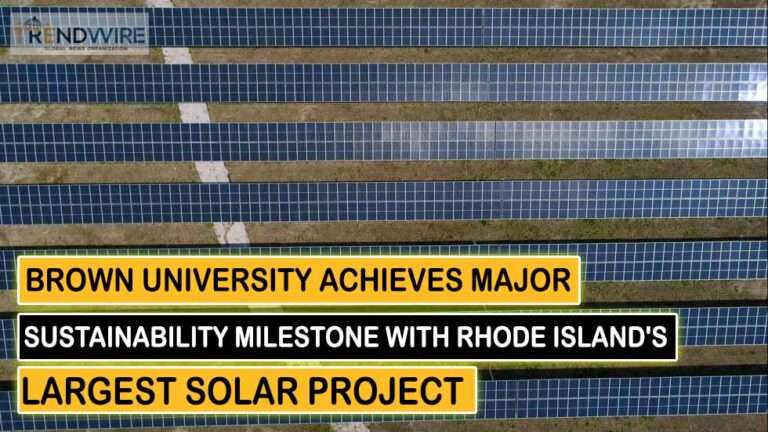Net Metering Shake-Up: Solar Tariff May Drop to Rs7.5-11 Per Unit
ISLAMABAD: The government is considering a significant reduction in the tariff for electricity generated by rooftop solar panels through the net metering system. Under the proposed plan, the tariff could drop to Rs7.5-11 per unit from the current rate of over Rs21 per unit.

This move comes amidst declining global solar panel prices and pressure to address growing capacity payments for the national grid. However, the proposal has sparked concerns among solar consumers and advocates about its impact on the adoption of renewable energy in Pakistan.
The New Equation for Solar Energy
Currently, every two units of electricity generated by rooftop solar panels are counted as one unit of grid electricity under the net metering system. If the new tariffs are implemented, the ratio would become even more skewed—six units of rooftop solar power would equal just one grid unit.
Additionally, consumers relying on the grid during nighttime or peak hours would face steep electricity prices, paying Rs60 per unit instead of the current Rs42 per unit.
Government’s Perspective
A senior Energy Ministry official explained that the revised rates aim to curb the growing preference for rooftop solar systems, which the government believes is exacerbating capacity payment issues for underutilized grid infrastructure. The International Monetary Fund (IMF) has also raised concerns about the declining demand for grid electricity due to the rise of solar installations.
According to the official, the government is seeking to align rooftop solar tariffs with market realities, such as the 3.1 cents per unit bid secured by K-Electric for its solar plant. This adjustment could discourage further rooftop solar installations while incentivizing grid electricity usage.
Impact on Solar Adoption
Pakistan has experienced a surge in solar adoption, driven by skyrocketing grid electricity tariffs—up by 155% in just three years. A recent study titled “The Great Solar Rush in Pakistan” revealed that the country imported around 15GW of solar panels worth $2.1 billion from China last year alone.
High electricity prices have pushed households and industries to embrace solar solutions, reducing reliance on grid power. However, the proposed tariff reduction could slow this transition, potentially dampening the momentum of solar adoption across the country.
The Role of Net and Gross Metering
The Energy Ministry has also floated the idea of replacing net metering with gross metering, where solar consumers are compensated at a fixed feed-in tariff for all exported electricity, while paying regular grid tariffs for imported power. This system would alter the financial dynamics for solar users, potentially increasing their dependence on the grid.
Meanwhile, the National Electric Power Regulatory Authority (Nepra) has been addressing consumer complaints regarding the denial of net metering applications by various power distribution companies, including K-Electric. Nepra has issued a show-cause notice to K-Electric to ensure compliance with net metering regulations.
What’s Next?
As the government moves forward with its plans, it will approach Nepra for approval of the revised tariffs. If implemented, this policy shift could mark a turning point in Pakistan’s solar energy landscape, with widespread implications for consumers and the renewable energy sector.
While the government argues that the changes are necessary to balance the grid’s capacity, critics warn that these measures could stifle the country’s transition to cleaner, more affordable energy solutions.
Follow Us on Social:
More Recent News
#NetMetering, #SolarTariff, #RenewableEnergy, #SolarEnergy, #EnergyCrisis, #PakistanSolar, #ElectricityRates, #SolarPowerSavings, #SustainableEnergy, #TariffReduction, #EnergyReforms, #SolarForAll, #GreenEnergy, #EnergyNews, #CleanEnergy










